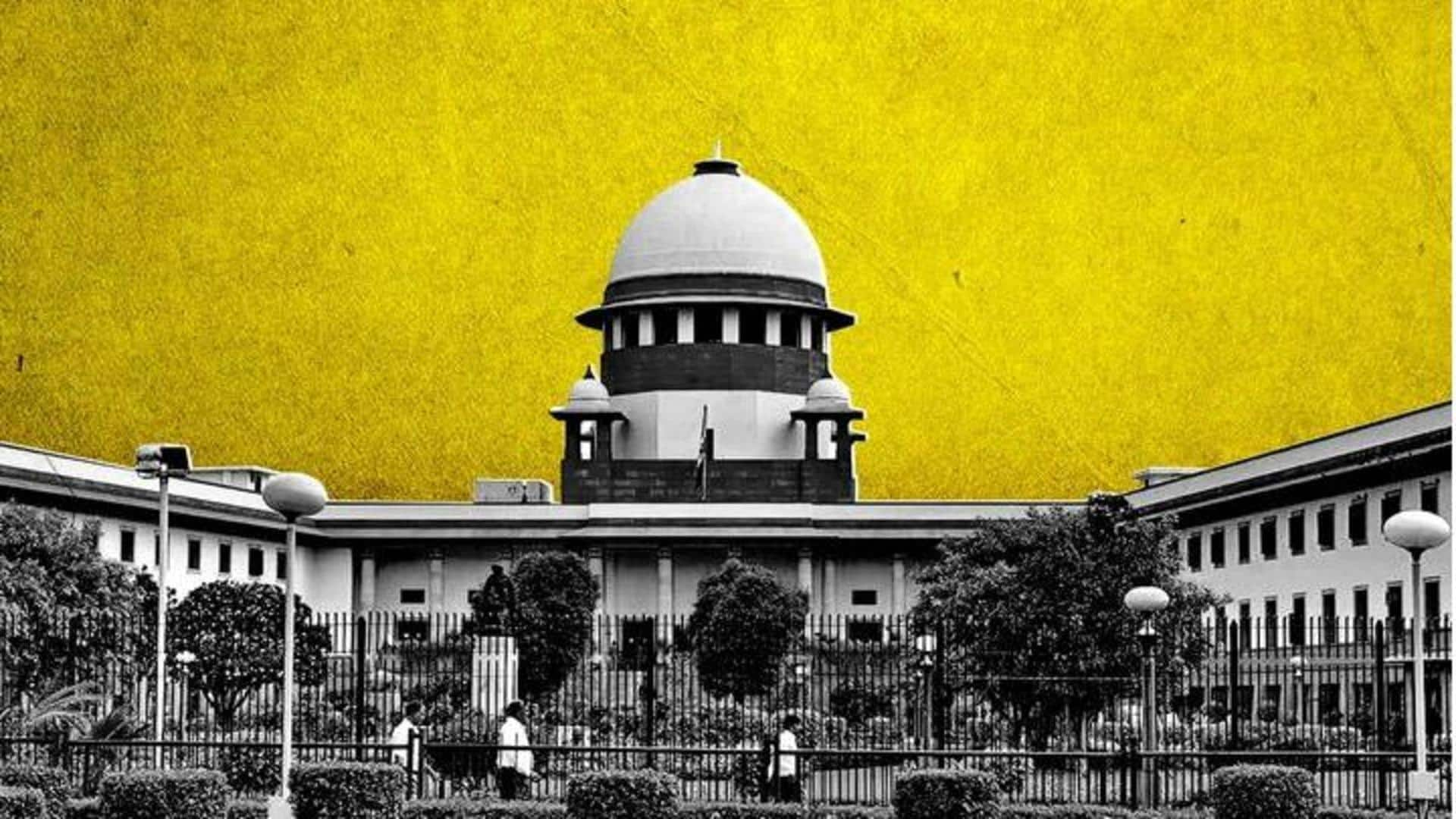
Supreme Court overrules 1967 order denying AMU minority status
What's the story
The Supreme Court of India has overturned a 1967 judgment on Aligarh Muslim University's (AMU) minority status. The seven-judge bench, headed by Chief Justice of India DY Chandrachud, ruled by a 4:3 majority that an institution doesn't lose its minority status just because it was established by statute. The decision reverses the S Azeez Basha vs Union Of India ruling, which said AMU couldn't claim minority status as it was established by an imperial law.
Ruling details
Minority status determination should focus on establishment: SC
The majority opinion, headed by CJI Chandrachud, stressed that the question of minority status should be based on who set up the university and who was the "brain" behind it. The court said if this question leads to a minority community, then the institution can seek minority status under Article 30 of the Constitution. The dissenting opinion was given by Justices Surya Kant, Dipankar Datta, and SC Sharma.
Case referral
Case referred to regular bench for further examination
The case has now been referred to a regular bench for further examination on these lines. The bench was considering a reference arising from the 2006 Allahabad High Court ruling that AMU was not a minority institution. The ruling allows AMU to reserve up to 50% of its seats for Muslim students, as per Article 30's provisions for religious and linguistic minorities to establish and administer educational institutions.
Legal battles
AMU's minority status
The 1967 ruling had said AMU was neither established nor administered by the Muslim community as mandated under Article 30(1). An amendment to the AMU Act in 1981 claimed the university was "established by the Muslims of India," giving it minority status. However, the Allahabad High Court struck down the amendment in 2006, ruling AMU wasn't a minority institution. The decision was appealed in the SC, which referred it to a seven-judge bench in 2019 for reconsideration.